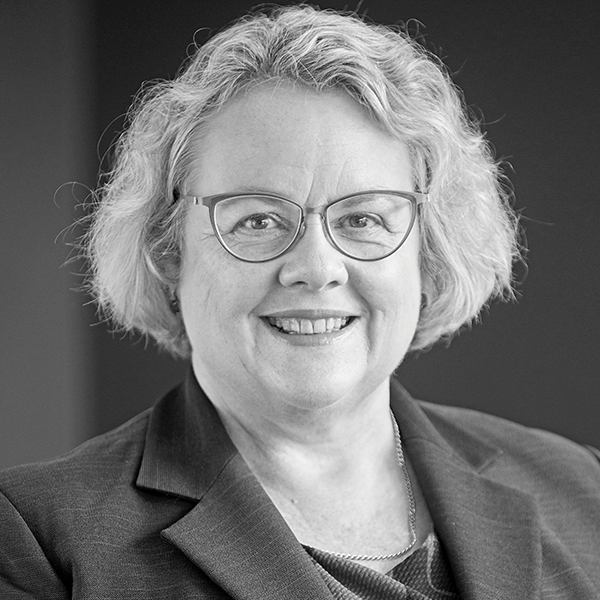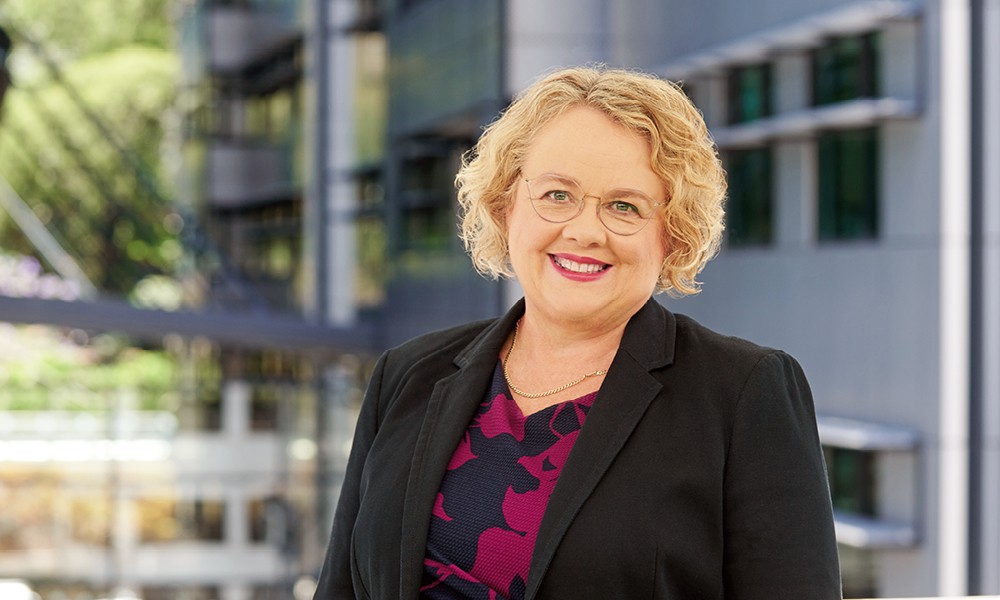Doctors recognise general practice as a specialisation in its own right. If lawyers did too, would it help close the access to justice gap?
As solicitors, we define our practice by reference to an area of law, and there are accreditation pathways for us to specialise in our chosen areas.
This works well for solicitors who can demonstrate and promote their accredited specialist expertise, and for clients who have complex legal problems needing the expertise of a specialist in their field.
Missing from this picture are those of us who specialise, not in an area of law, but in a client group – general practitioners who focus on the everyday legal needs of individuals and small businesses in our communities.
We may not have the depth of expertise of our specialist colleagues, but we have a special expertise.
We may not know the scientific name of every tree, but we do know the shape of the woods. We know the pathways through the woods, how to avoid the perils that lurk beyond the path, and who to call for help if our client needs to move off the path into the thicket. This skill set is an important foundation for access to justice.
The first barrier to access to justice is that people don’t recognise when an everyday life problem has a legal dimension and a legal solution. The second is that, even when they do recognise that they have a legal problem, they ask almost everyone in their life except a lawyer.
Things are different for clients of general practitioner solicitors who have a personal connection to ‘their’ lawyer. When they think that a problem might have a legal dimension, they give us a call. They tell their family and friends to call us when they might have a legal problem. Unfortunately, relatively few people seem to have this connection to ‘their’ lawyer as trusted advisor and first port of call.
Some would argue that this is an outdated model of legal service delivery and its rarity is no cause for concern, but that’s at odds with life in the commercial sphere where this role is named and valued as ‘general counsel’.
What if our profession, like the medical profession, recognised general practice as a specialisation in its own right?
Perhaps more people in the community would:
- know who to turn to for the legal problems of everyday life
- see a solicitor sooner for help with legal problems, and
- establish and benefit from a relationship with their solicitor as trusted advisor at many life stages.
Perhaps what seems like an old-fashioned way of being a lawyer is more future-proof than we realise.
Technology is disrupting many aspects of our role, but this trusted advisor role is one that is not easily displaced. After all the Google searches, people still want to know:
- What does all this information mean for me?
- There are lots of things I can do, but what should I do next?
General practice solicitors can offer real value to clients based on our knowledge of our clients and their needs.
Technology in the 2020s enables general practice in a way that was difficult when specialisation began in the 1990s.
- The challenge of keeping up to date with knowing the law has been largely solved by technology.
- Small practices can operate efficiently and nimbly with access to resources and systems that would once have been the preserve of only very large businesses.
Having specialist general practitioners would mean defining the skills and knowledge needed to achieve excellence. This challenges us to think differently about excellence in professional practice – excellence is not so much about deep knowledge of complex concepts, but about broad knowledge of a complex system as it impacts on our clients.
This is a client centric rather than contentcentric approach. And this client-centric approach is likely to result in new ways of general practice lawyering.
This article appears courtesy of the Queensland Law Society Access to Justice and Pro Bono Committee. The views are those of the author. If you have an interest in this topic, or other access to justice topics, and want to share your views, please email the author at e.shearer@qls.com.au. Elizabeth Shearer is Deputy President of QLS, chair of the committee and Legal Practitioner Director at Shearer Doyle Law.
This story was originally published in Proctor April 2020.











Share this article